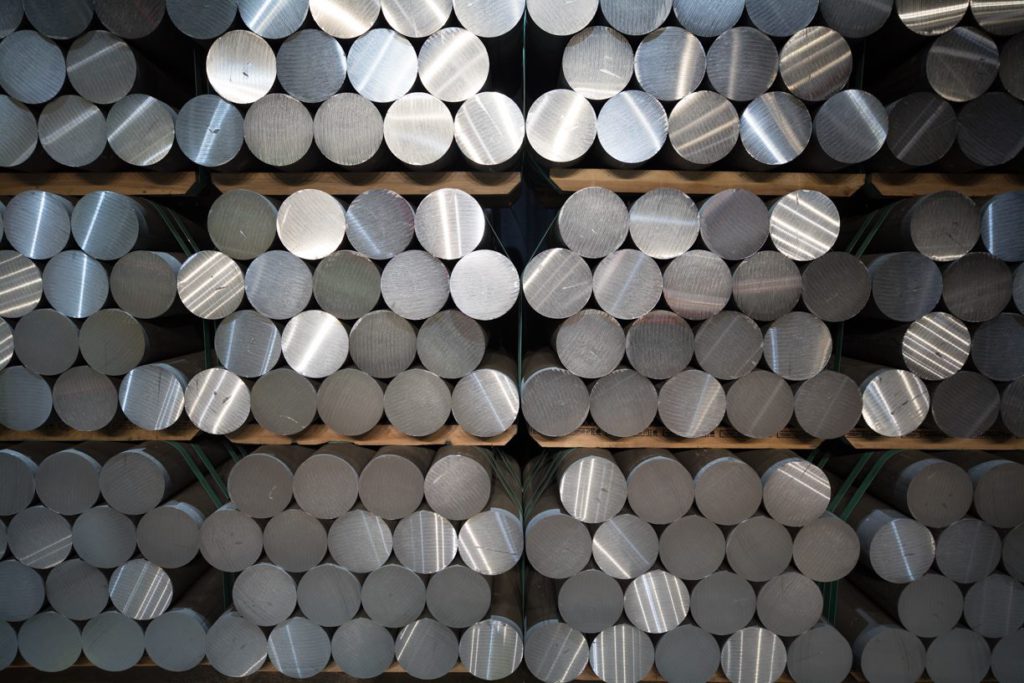Rio Tinto to install carbon free aluminium cells at Arvida smelter in Québec

Rio Tinto (ASX: RIO) will install carbon-free aluminum smelting cells at its Arvida smelter in Québec, Canada, using the first technology licence issued by the ELYSIS joint venture.
This investment will support the ongoing development of the breakthrough ELYSIS technology and allow Rio Tinto to build expertise in its installation and operation, the Australian miner said.
Rio Tinto will design, engineer and build a demonstration plant equipped with ten pots operating at 100 kiloamperes (kA). The plant will be owned by a new joint venture in which Rio and the government of Québec, through Investissement Québec, will invest C$235 million ($179 million) and C$140 million ($106 million), respectively as partners, for a total investment of C$375 million ($285 million).
This facility will use the same technology that has been successfully demonstrated at the ELYSIS industrial research and development center in Saguenay–Lac-Saint-Jean, Rio said, adding that this pilot operation will be a critical step in the full-scale industrialization of the ELYSIS technology.
The plant will have the capacity to produce up to 2,500 tonnes of commercial-quality aluminum per year without direct greenhouse gas emissions, with first production targeted by 2027. It will be located adjacent to the existing Arvida smelter, allowing the use of the current alumina supply and casting facilities.
“This investment will further strengthen Rio Tinto’s industry-leading position in low-carbon, responsible aluminum in North America with our hydro-powered smelters and our recycling capacity,” Rio Tinto aluminum chief Jérôme Pécresse said in the statement.
“Becoming the first to deploy the ELYSIS carbon-free smelting technology is the next step in our strategy to decarbonize and grow our Canadian aluminum operations,” Pécresse continued.
“In addition to delivering even lower-carbon primary aluminum for our customers, this investment will allow Rio Tinto to build its expertise on installing and operating this new technology, while the ELYSIS joint venture continues its research and development work to scale it up to its full potential.”
ELYSIS joint venture partner Alcoa will have the option to purchase from Rio Tinto a portion of the aluminum produced over the first four years at the Arvida demonstration plant through an offtake agreement.
“ELYSIS is a truly disruptive technology for the industry, and it’s thanks to Quebec expertise that we are the first in the world to produce GHG-free aluminum,” Québec’s Minister of Economy, Innovation and Energy Pierre Fitzgibbon said.
“This is a technological innovation with unprecedented benefits for our aluminum sector, which remains an undisputed world leader.”
The joint venture is continuing its research and development program to scale up the ELYSIS technology and has completed the construction of larger prototype 450 kA cells at the end of an existing potline at Rio Tinto’s Alma smelter. ELYSIS has begun commissioning these industrial prototype cells, with the start-up sequence set to begin in 2024.
{{ commodity.name }}
{{ post.title }}
{{ post.date }}




Comments